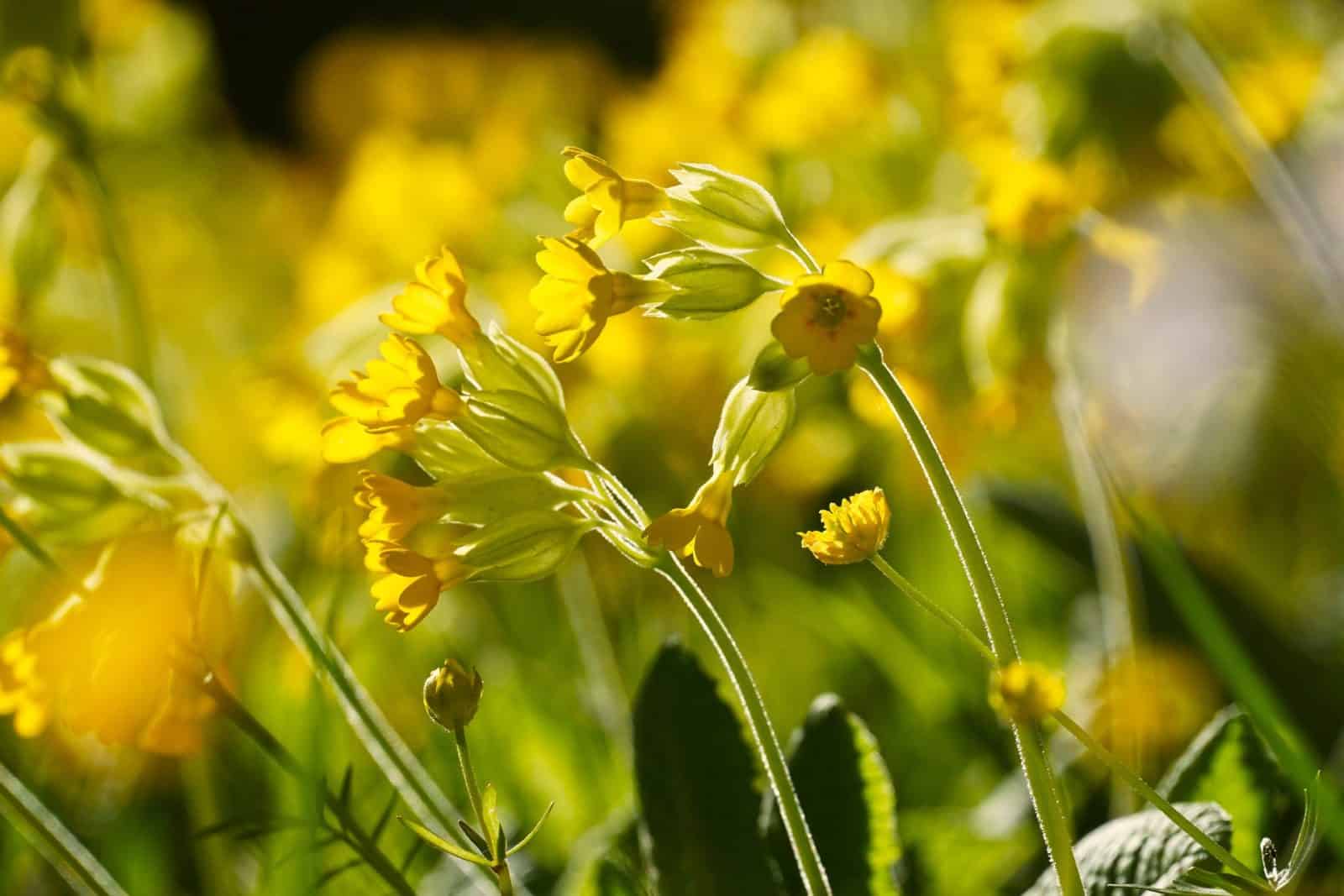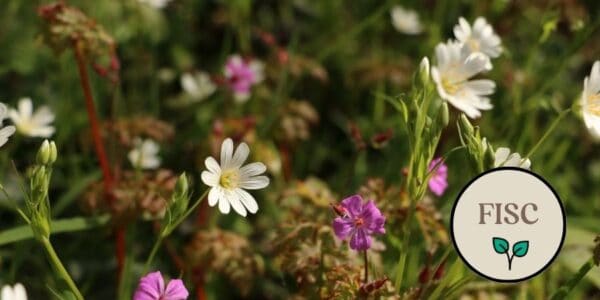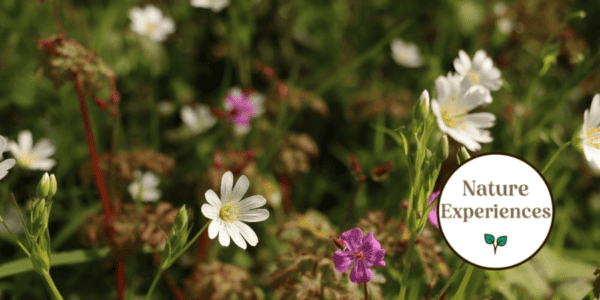In this beginner course, you will learn about a variety of wildflowers and their traditional uses. You will also learn to identify certain edible plants and how to use them in meals.
This course will cover:
- Some of the traditional domestic uses of a selection of wildflowers
- Some of the folklore of these plants, such as the beliefs that our ancestors had regarding these plants
- Identification of a selection of edible wildflowers and how these can be used in meals
- The importance of following responsible and sustainable foraging practices
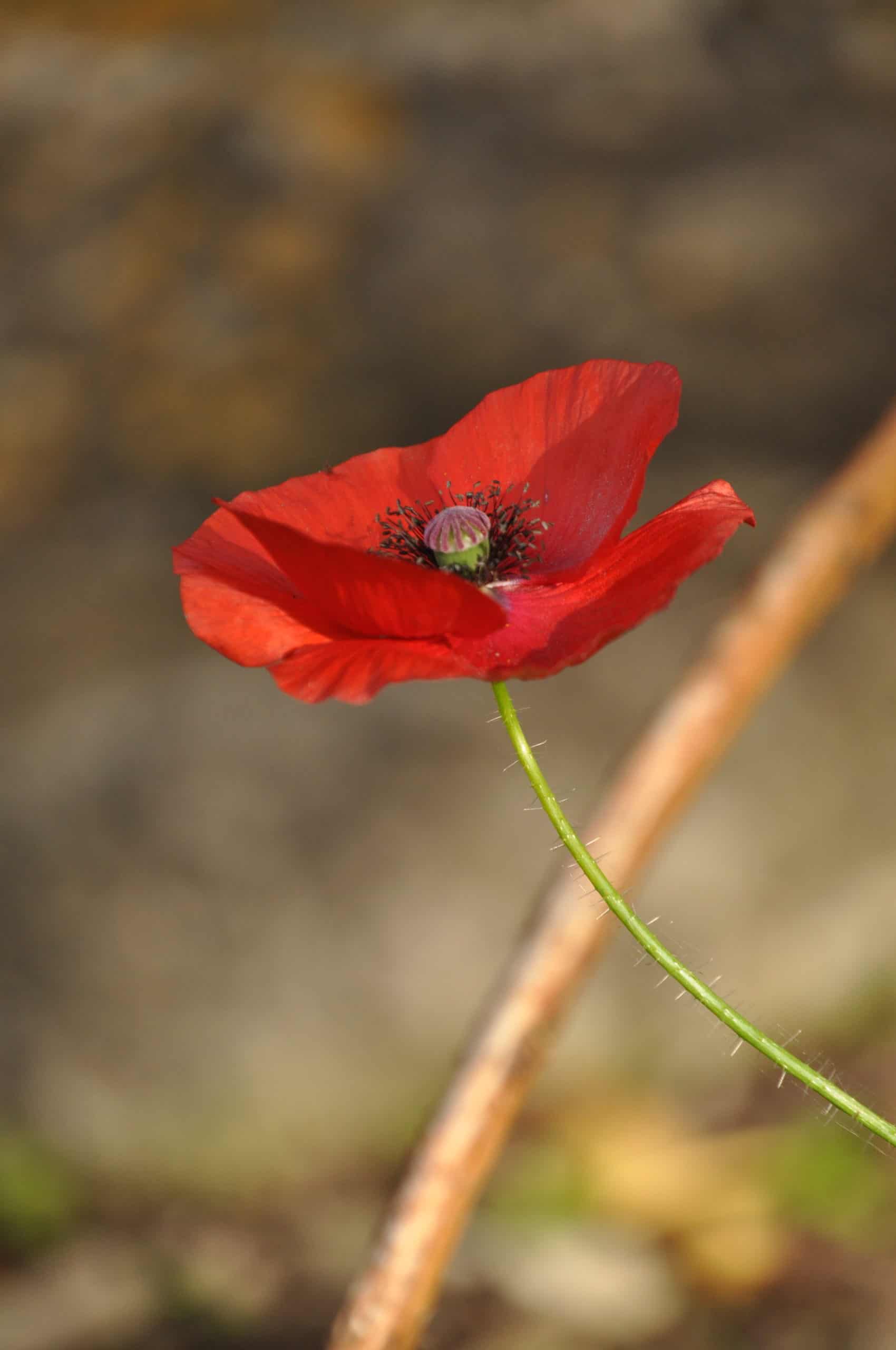
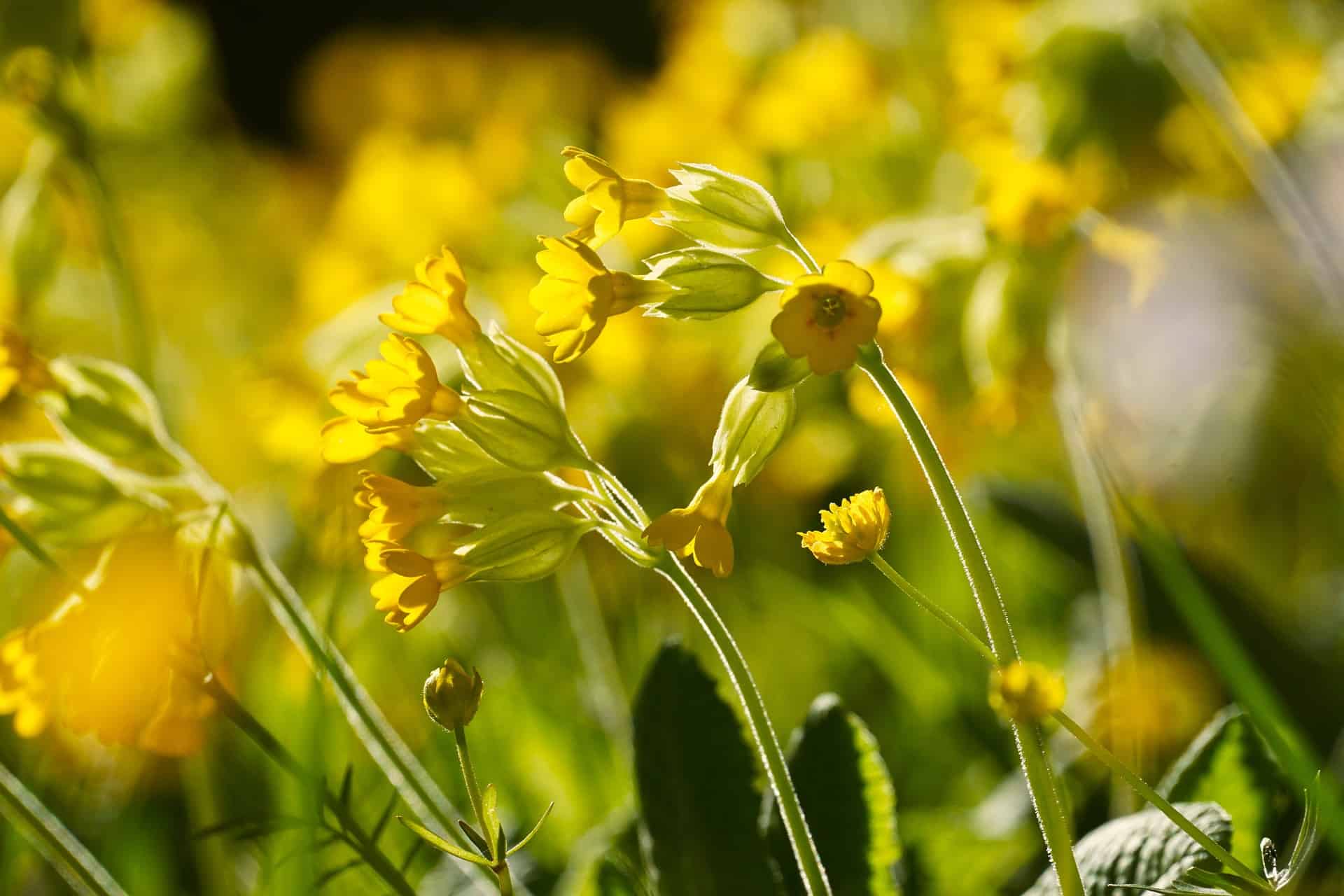
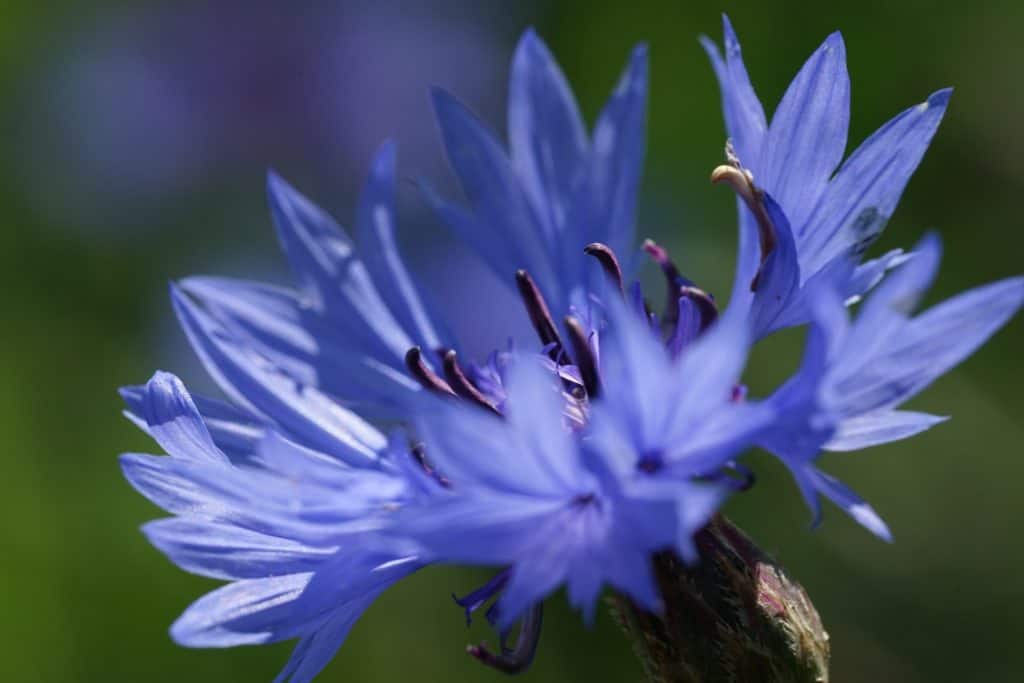
Read More
By the end of this course, you will be able to:
- Understand some of the traditional domestic uses of a selection of wildflowers
- Discuss some of the folklore of these plants, such as the beliefs that our ancestors had regarding these plants
- Identify a selection of edible wildflowers and understand how these can be used in meals
- Discuss the importance of following responsible and sustainable foraging practices
Who should attend? – Anybody interested in learning about this topic.
Knowledge level – Beginner. Level descriptors can be found on the following web-page: Framework and Course Level Descriptors
Prior knowledge – No prior knowledge or experience is required for this course, just a willingness to explore and learn.
PLEASE NOTE: There is no accommodation, refreshments, or meal facilities provided with this course. If we are unable to reach viable numbers for this course, we will inform you of the course cancellation 4-5 weeks prior to the course run. We would recommend when purchasing accommodation and/or travel you should take out your own insurance.
Bookings will close if course capacity is reached.
Please email [email protected] if you have any questions.
About the Tutor
Woody River
Woody River is the Director of Secret Landscapes, which offers guided walks on the themes of botany, foraging and literary heritage. With a BA (Hons) and MA in Literature and Creative Writing, Woody is also a qualified teacher who designs and teaches literature and botany courses for adults, as well as providing private tuition for international secondary school students. She has a particular interest in wildflowers and ferns, and loves observing different species of primate in their natural habitats.
Example Timetable
Example Timetable
This timetable is subject to change but should give a clear outline of what to expect.
- Please arrive in time for the course to start promptly at 10:00
- The course will end at 17:00
Details TBC.
What's Included
The course has been carefully created by expert tutors and educators to help you build your knowledge and apply it within the field surrounded by like-minded individuals.
The course includes:
- Classroom learning covering the theory of the species
- Field excursions to apply new knowledge
- Expert tuition for which the Field Studies Council is renowned
- Clear objectives and progression
You can rest assured that the absolute best content from an expert in environmental education will be provided. In choosing a Field Studies Council course, you will be joining thousands of people who learn with us each year.
Bursaries and Subsidies
Student Discount
This course is eligible for a student discount. If you are a current student, please use discount code BioStudent20 at checkout for 20% off all Biodiversity courses.
Natural History Bursaries
There are a number of natural history bursaries available to help with the cost of your course. To find out if you and your chosen course are eligible, read more here.
Before You Attend
What to Bring
- Notebook and pencil/pen
- Lunch and refreshments
- Sensible footwear and clothing for being outdoors (please bring waterproofs if you have them)
- Small bag to carry personal items
There will be a member of staff with first aid training and access to a first aid kit on site. If you have special medical or access requirements, please let us know as soon as possible so we can plan the course.
Opportunities to attend this course
This course is not currently available to book. Dates will follow soon.
Sign up to our Email Newsletter
Progress Your Learning
This is a training course from the Field Studies Council, delivered by expert tutors with an approachable learning style. After attending this course, you may like to progress your learning with further relevant courses or branch out into other areas of natural history. The Field Studies Council offers both online and in person courses, so you can choose the learning style that suits you best.
The course gives you the opportunity to immerse yourself in a new subject and acquire novel skills. Our online portal gives you time to study at your own pace and fit the lessons around your own schedule.
If you have any questions about our courses please check our Frequently Asked Questions or email [email protected].
Group Bookings Made Easy
If you have a group of 10 or more individuals wanting to complete one of our courses, our team are available to discuss your options – from discounts to private team courses. Find out more!
You can rest assured that the absolute best content from an expert in environmental education will be at your fingertips. In choosing a Field Studies Council course, you will be joining thousands of people who learn with us each year.

